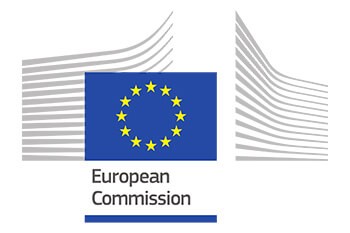STAR-ProBio project (Sustainability Transition Assessment and Research of Bio-based Products) is a 3-years project that started its activities on May 2017. STAR-ProBio constitutes a multidisciplinary and multi-actor collaborative project that will meet environmental, social and economic challenges, paving the way for a much-needed sustainability transition towards a bio-based economy.
The overall objective of the project is to promote a more efficient and harmonized policy regulation framework, needed to promote the market-pull of bio-based products. This will be achieved by developing a fit-for-purpose sustainability scheme, including standards, labels and certifications for bio-based products.
To this aim, an integral part of STAR-ProBio will be the adoption of life-cycle methodologies to assess the roll-out of bio-based products. Environmental assessment will be performed, through LCA, in a circular economy framework (with a focus on end-of-life analysis) looking at issues which emerge upstream and downstream the value chain. This will be complemented by a techno-economic assessment and by a social impact assessment conducted through stakeholder analysis, SLCA, surveys and field experiments. Indirect land use change issues (ILUC) will also be addressed from an environmental, economic and social perspective. Moreover, the analysis of selected case studies on construction materials, bio-based polymers, and fine chemicals, will ensure that the approach is not too broad and theoretic, allowing the benchmarking against non-bio-based products. Hence, STAR-ProBio will integrate scientific and engineering approaches with social sciences and humanities-based approaches in order to formulate guidelines for a common framework promoting the development of regulations and standards to support the adoption of business innovation models in the bio-based products sector.
STAR-ProBio is coordinated by Unitelma Sapienza University and includes 15 partners from 11 EU Member States. SQ Consult is responsible for several aspects of the market and regulatory research of the project.
This project has received funding from the European Union's Horizon 2020 research and innovation programme under grant agreement no. 727740.
For more information contact: Sergio Ugarte

